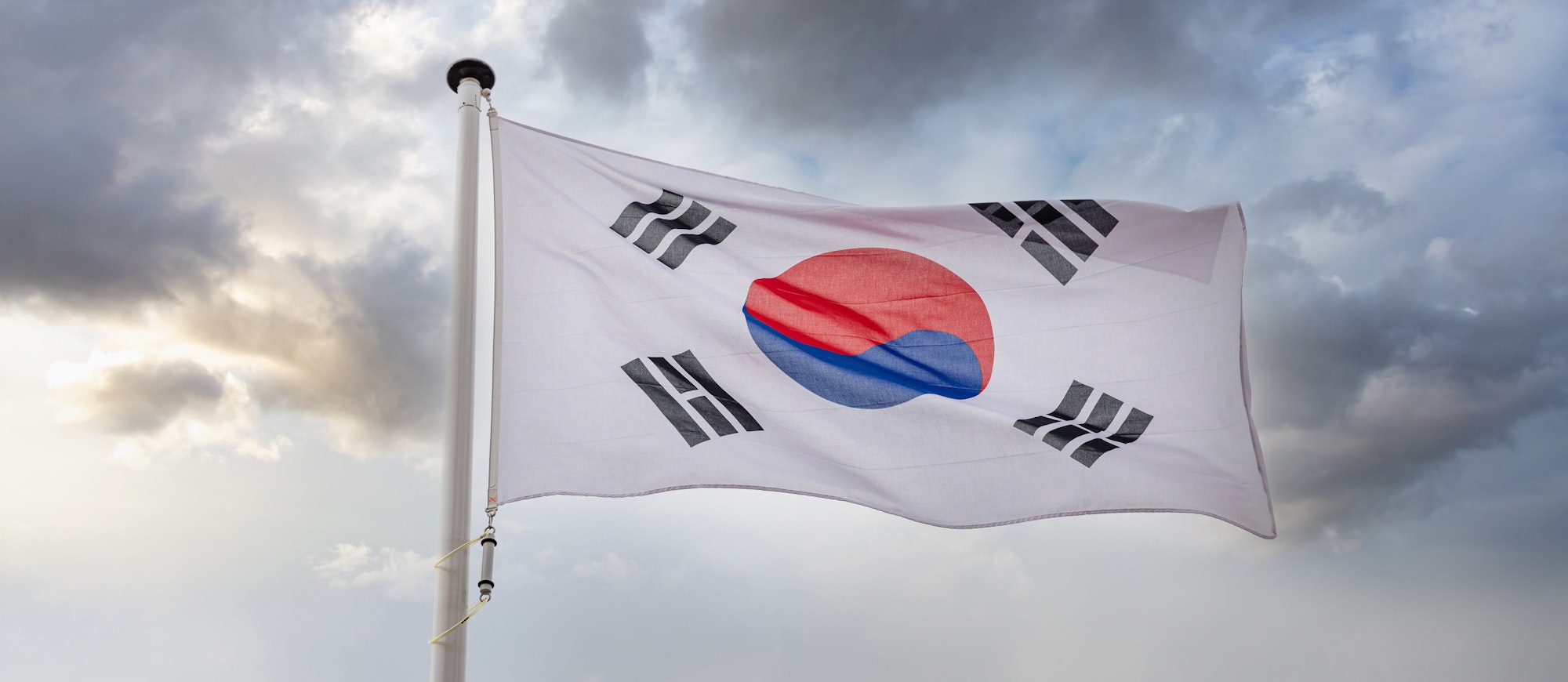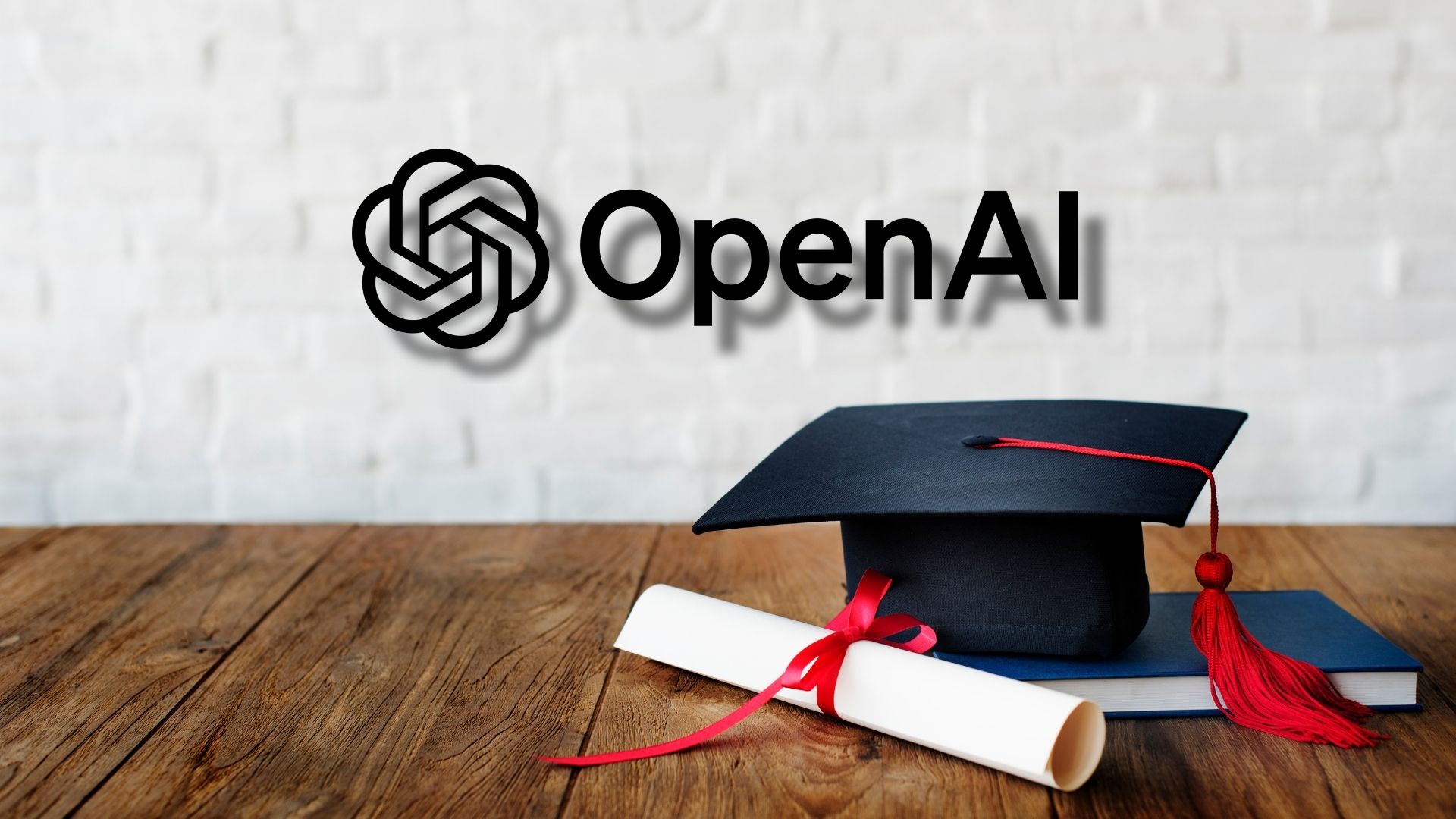OpenAI has reported new instances of its models being exploited in online scams and coordinated information campaigns. The company detailed actions to remove offending accounts and strengthen safeguards, highlighting misuse in fraud and deceptive content creation.
Several cases involved romance and ‘task’ scams, in which AI-generated messages built emotional engagement before requesting payment. One network, dubbed ‘Operation Date Bait,’ used chatbots to promote a fictitious dating service targeting young men in Indonesia.
Another, ‘Operation False Witness,’ saw actors posing as legal professionals to solicit advance fees for non-existent recovery services.
The report also outlined coordinated campaigns leveraging AI to produce articles, social media posts, and comments on geopolitical topics. In ‘Operation Trolling Stone,’ AI-generated content on a Russian arrest in Argentina was shared widely in multiple languages to mimic grassroots engagement.
OpenAI stressed that AI was sometimes used, but reach and account size largely drove engagement.
The company continues monitoring misuse and collaborates with partners and authorities to curb fraudulent or deceptive activity. Systems have been updated to decline policy-violating requests, and not all suspicious content online was generated using its tools.
Would you like to learn more about AI, tech and digital diplomacy? If so, ask our Diplo chatbot!









